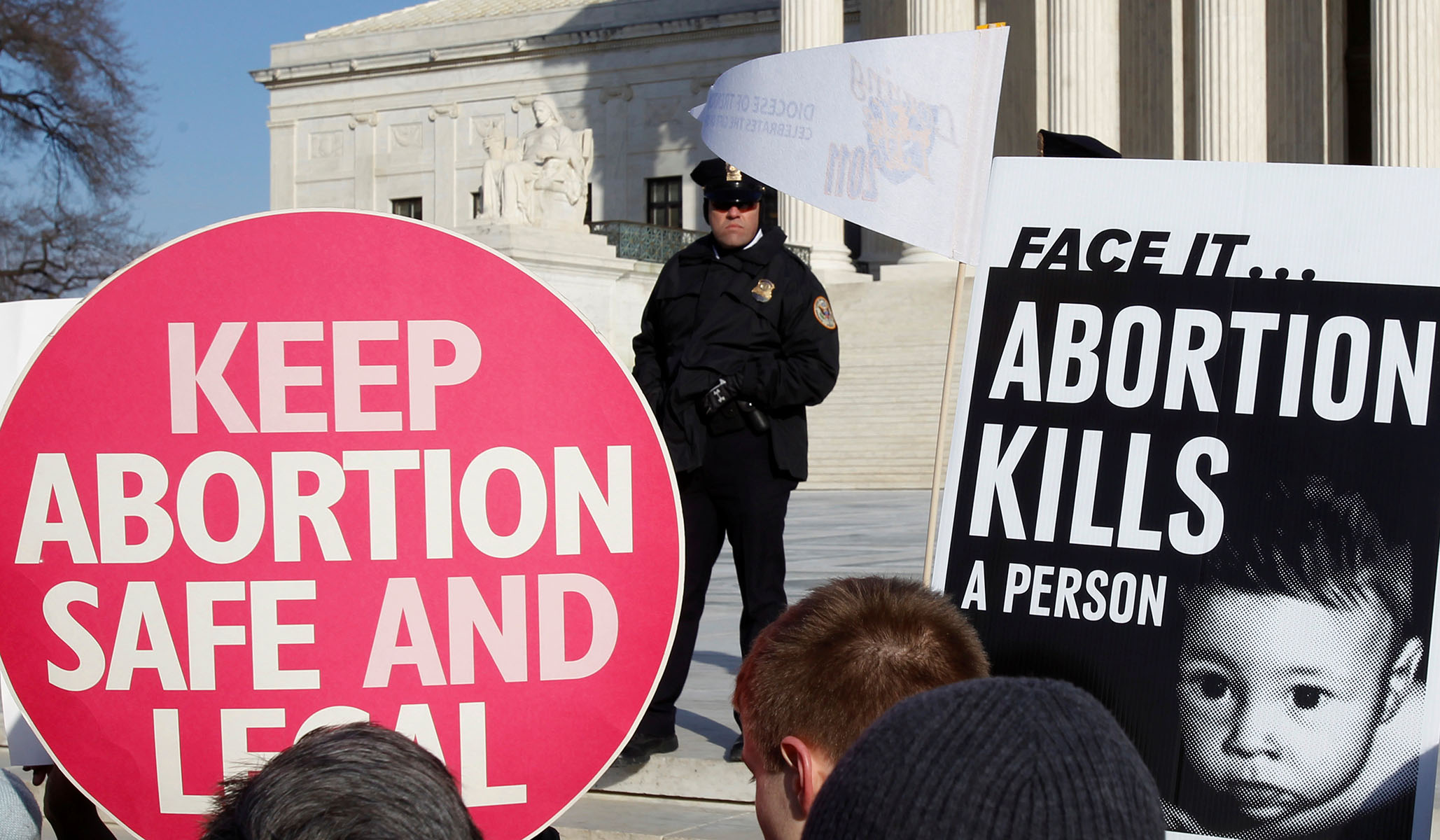
The Supreme Court has already agreed to hear a major challenge to Roe v. Wade, in Dobbs v. Jackson Women’s Health Organization, the Mississippi case that will be argued December 1. It has already once turned away a request to rule immediately on S.B. 8, the Texas abortion law that allows private individuals to file “private attorney general” civil damages lawsuits rather than enforce its abortion restrictions through government action. The latter decision was based largely on the Court’s skepticism of the procedural hurdles to the lawsuit looking to enjoin the Texas law.
Since then, the Justice Department under Merrick Garland has filed its own lawsuit to stop the Texas law. That lawsuit, as I have discussed, has its own problems, but the Court today ordered an aggressive briefing schedule and an emergency argument on November 1. Justice Sonia Sotomayor dissented from the decision not to enjoin the law in the interim.
There are three things going on here. One, the justices would clearly prefer to hear the Dobbs case in an orderly and deliberative fashion and grapple with the momentous decision whether to overturn, entrench, or rewrite and limit Roe in the spring. But events keep forcing them to take up the Texas case first. I will still be surprised if the Court decides the Texas case in any way that shows its cards on the outcome of Dobbs, but if you are worried that Chief Justice John Roberts and others, especially Justice Brett Kavanaugh, may lack the courage to overturn Roe, the worst-case scenario is that they get cold feet in the Texas case, presented as it is under more adverse circumstances.
Two, the asymmetry of how the Court handles emergency stay requests is on full display. Justice Sotomayor argues that “every day that S. B. 8 remains in effect is a day in which such tactics are rewarded. And every day the scheme succeeds increases the likelihood that it will be adapted to attack other federal constitutional rights.” But it has often been the case in, say, gun-rights cases that laws violating constitutional rights get left in place until the Court hears them. Abortion cases have regularly been given special treatment, which is why you hear so much howling when the Court leaves a law on the books for just a few weeks.
Three, the justices may be sensitive to criticisms of emergency decisions made without full briefing and argument — the so-called shadow docket. It is inevitably the case that the Court has to act in more summary fashion when it is asked for emergency relief. And it is entirely defensible for the Court to turn away cases and requests for relief without hearing them in full; it does that every week when it denies petitions for certiorari. It is a fairer argument that the Court should not grant affirmative relief — enjoining a law more than temporarily — without a fuller hearing, especially on questions of national significance. The fact that the Court is adding this case to the argument docket plainly shows that the justices want to make a public show of giving Merrick Garland his day in court.

